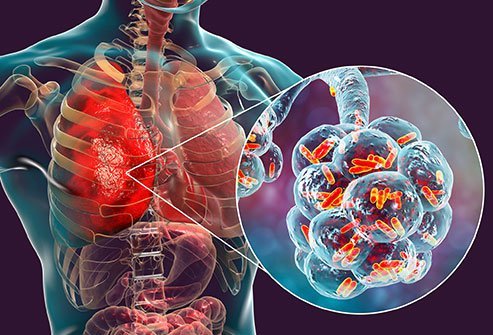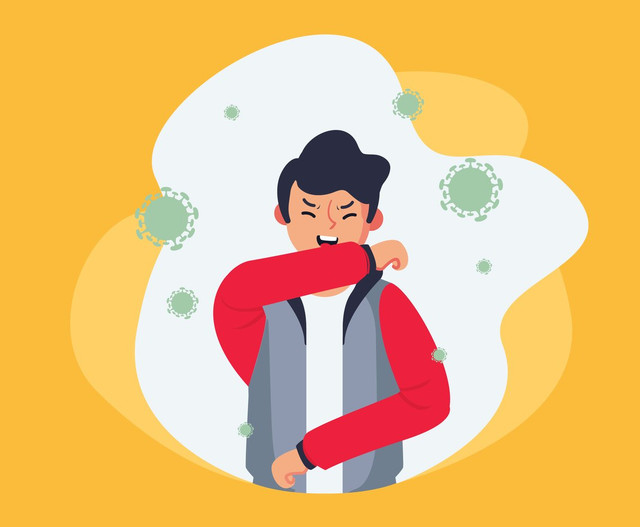
Pneumonia is an illness that you have likely heard of but you do not know a lot about. The problem with pneumonia is that if you are not knowledgeable about it you may confuse it will other health conditions such as a common cold and even asthma. In this article, we are going to cover pneumonia’s symptoms as well as the causes of this disease.
What Is Pneumonia?
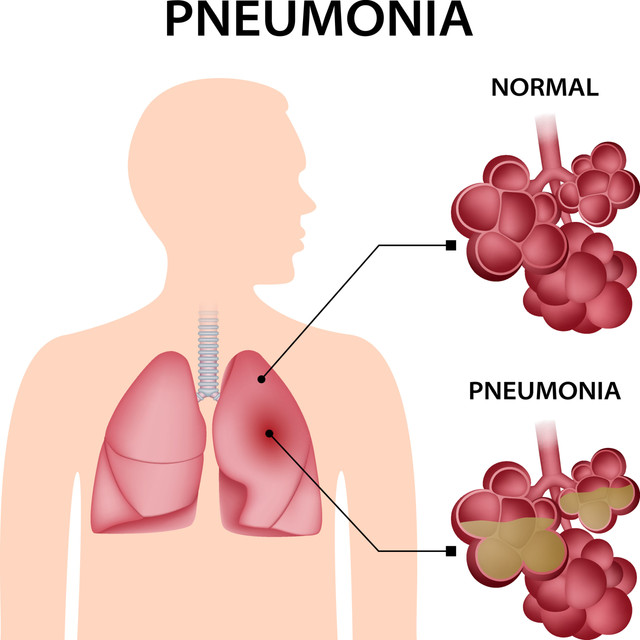
Pneumonia is a collective name for a group of illnesses that cause inflammation in the lungs. These illnesses are usually caused by either viruses or bacteria, but in some variations can also be caused by microbes. It is a chest infection that can spread quickly from individual to individual. Generally, there are more risks in the winter, colder parts of the year, and also colder climates for you to fall ill with pneumonia.
It is generally spread through the air but also through contact with surfaces that happen to be contaminated. The symptoms can be eased using medication from a reputable online pharmacy as well as a yearly vaccination. We have included a video below about telling the differences between a cold and pneumonia that you are welcome to check out.
Coughing
One of the most popular symptoms of pneumonia is that of cough. The majority of the time this will be a dry cough that over time will lead to a painful sore throat. Moreover, this cough will likely come with a yellow or green mucus that you will have to spit out or alternatively blow from your nose. It is important that you remove this mucus from your body and do not try to swallow it. After all, your body is trying to get rid of this mucus. This is one of the most common side effects, as pneumonia affects your lungs by filling them up with liquid and mucus.
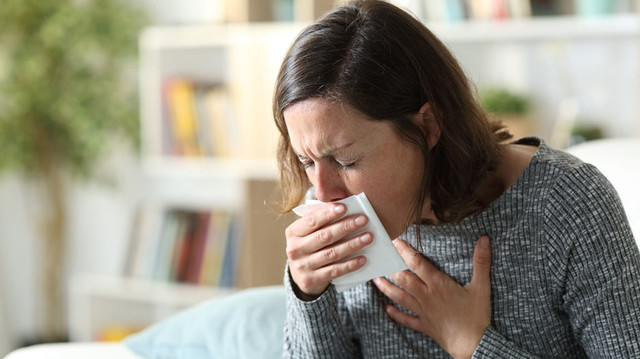
Low Energy State

Pneumonia affects your lungs, this is key. As your body needs oxygen in order to power it with oxygen which is used for important chemical reactions. Additionally, oxygen is also transporting energy from our fat storage or food that we have recently consumed.
Due to the reduced function of our lungs, an organ that is used to embed oxygen in your bloodstream is then transported all around the body. Being in a low energy state does not mean that you will feel sleepy, but instead that you will be in a tired and low mood state.
Reduced Appetite
Another common symptom is a reduced appetite. This is usually a symptom that you will feel when you are in a severe stage of pneumonia. Even if you do not feel the urge to eat, you should still do it regardless. You will need the strength provided by a healthy diet consisting of meat, vegetables, fruit, and other key food groups. And of course, you have to drink a healthy amount of water.
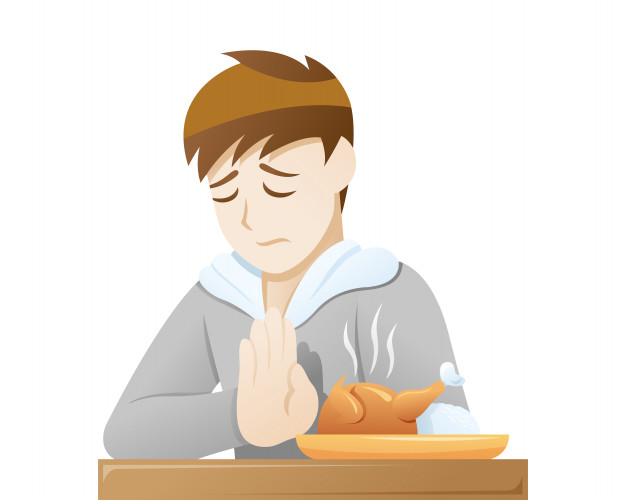
Shortness of Breath
Since your lungs are affected, you should also expect to experience shortness of breath. This will have the most effect if you are trying to exercise or work a job that requires you to be physically active. This cannot be treated, all you can do is wait to recover. It is important during this period of time that you let your body rest as much as possible. You cannot simply push through it, if you have to do physical work then keep in mind that you have to keep it at a steady pace and be careful not to hurt yourself in the process.

Pain in the Chest Area
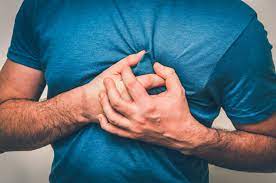
Pain is also not out of the ordinary, this pain will be located in your chest where your lungs are located. This chest pain will occur because your lungs are filling up with fluids and mucus. The pain can come in a number of forms, it can feel heavy on your chest. Moreover, it may feel like a stabbing pain in your chest. Because it is a pain symptom it can be easy by taking painkillers such as paracetamol. Make sure to buy them from a reliable online pharmacy, you can determine the reliability by looking at the reviews.
Confusion Among the Elderly
In rare cases, elderly people that have developed pneumonia may go through a state of confusion. This symptom can come in a number of forms such as a high alert state where older individuals may feel more anxiety. Older people are more vulnerable to infections such as pneumonia, due to this they will experience more serious health effects.
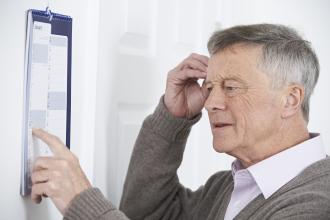
Headaches
Headaches can occur due to pneumonia because of two main reasons. First of all because of a reduced amount of oxygen circulating in your body. Lack of oxygen can lead to spasms in arteries in your brain which leads to a headache. Moreover, chemical reactions in your brain can also occur due to the shock of other symptoms such as the one that we have mentioned above.
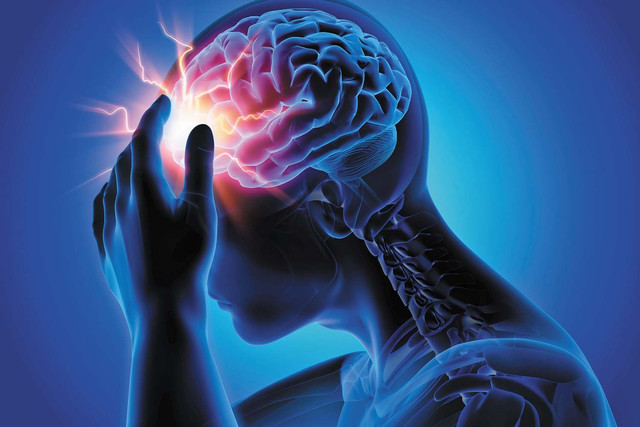
Causes of Pneumonia
There are a lot of different causes of pneumonia, the most common ones being microscopic organisms, but there are other ways that you can develop pneumonia that we will mention below:
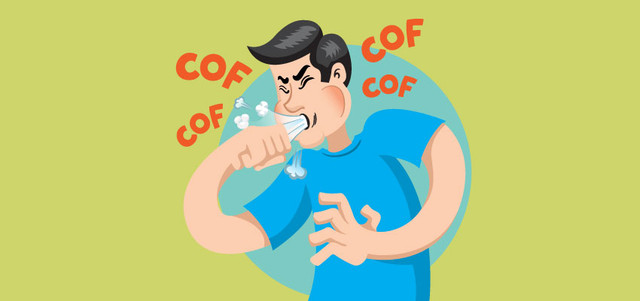
- Viral Pneumonia, research shows that the virus that is most likely to cause pneumonia in adults is influenza while children as more susceptible to develop it through a respiratory syncytial virus.
- Bacterial Pneumonia, a common type of bacteria that causes pneumonia is streptococcus pneumonia. Bacteria infect you generally through contact with a surface, droplets, or another infected person.
- Aspiratory Pneumonia, this type of pneumonia is not developed at first due to a disease. Instead, it occurs when you breathe in food rather than swallowing it as you should, once that piece of food is in your lungs bacteria will start to feed on it which in turn leads to pneumonia.
- Fungal Pneumonia, if you happen to have inhaled spores of plants then you could let in fungi into your lungs. In turn, these fungi will infect the bronchi of your lungs which take in oxygen thus causing pneumonia.
- Medical Induced Pneumonia, if you are ill from another illness or are even in hospital this can lead to you developing pneumonia as a side effect. This is likely to occur if your lungs or associated organs are not functioning as normal.
Is Pneumonia Dangerous?
The truth is that pneumonia can be dangerous, it is the biggest cause of death for children under the age of 5 in the world. Even in developed countries such as the United States, it is the leading reason for children to be hospitalized. It is also not just children at risk by also the elderly and adults with a weakened immune system. The latest data in 2017 for the United States shows that 1.3 million people were officially diagnosed with pneumonia. Out of all of those patients, 50,000 died from the illness that year, which is around 3.8% of individuals affected.
